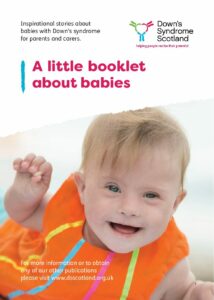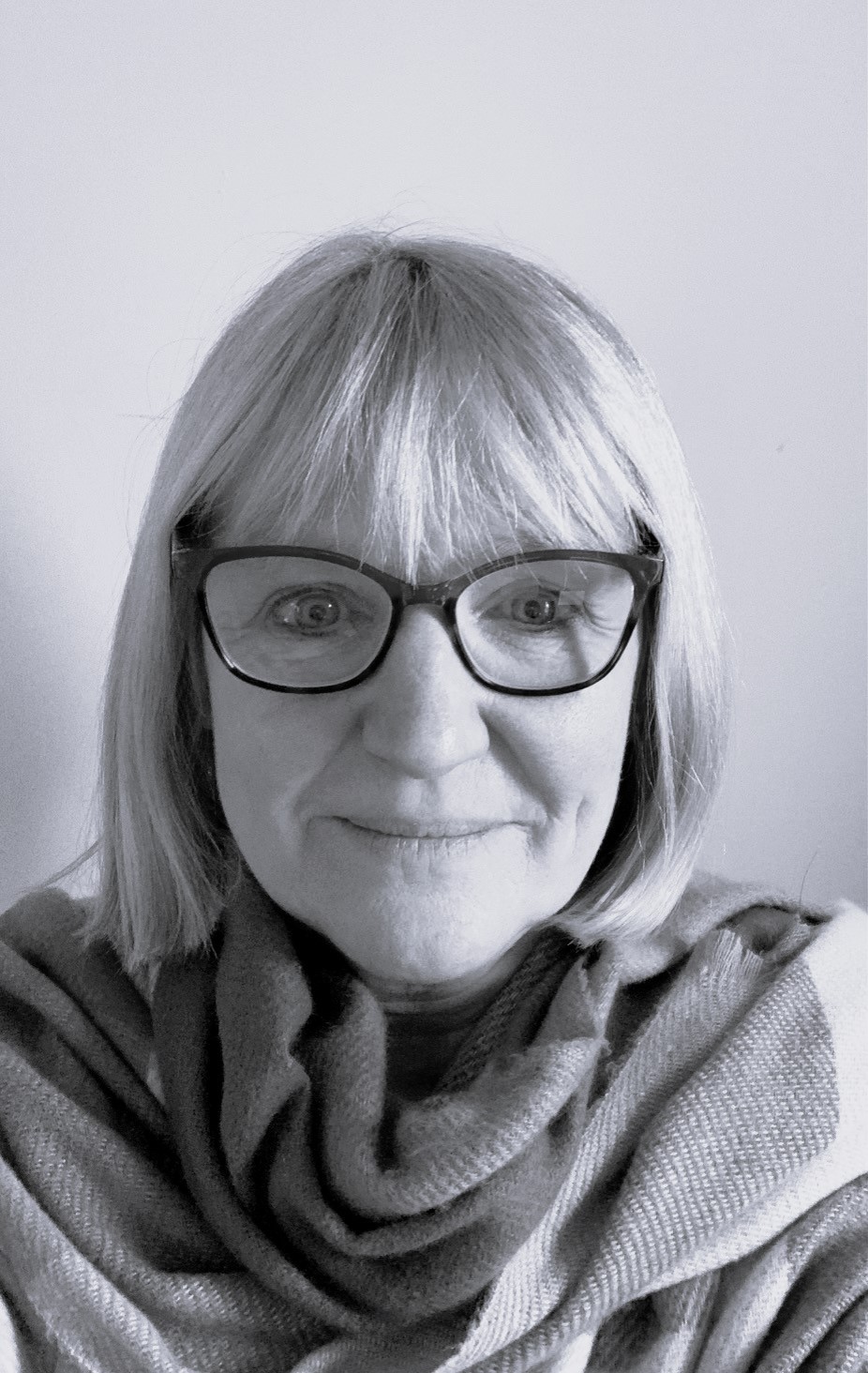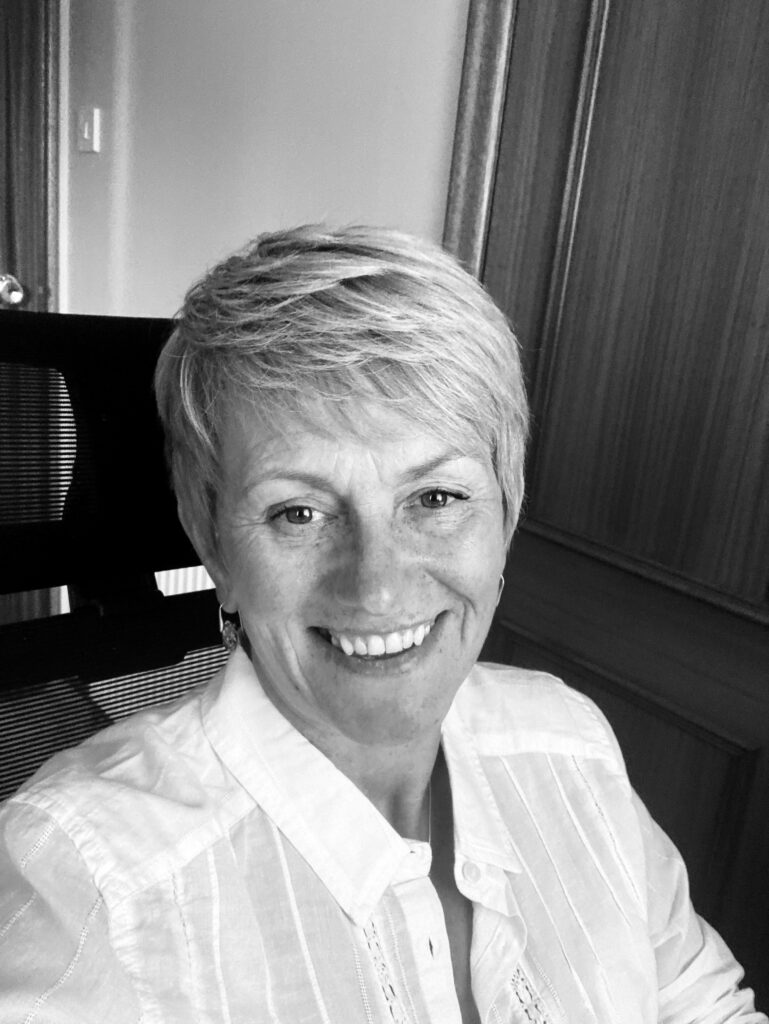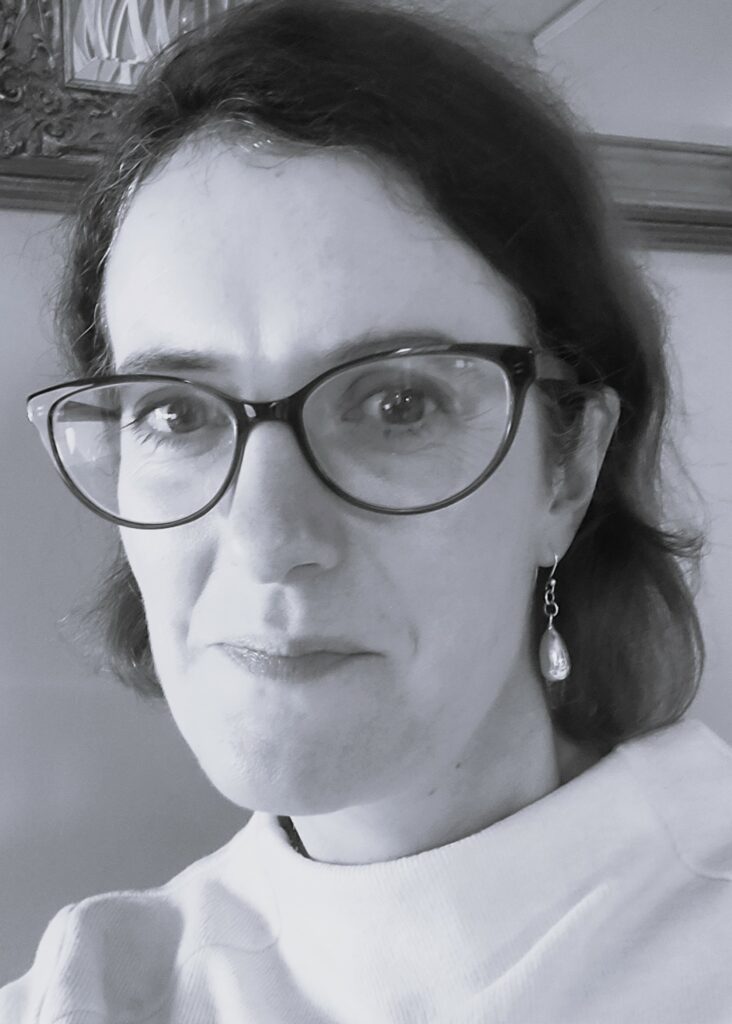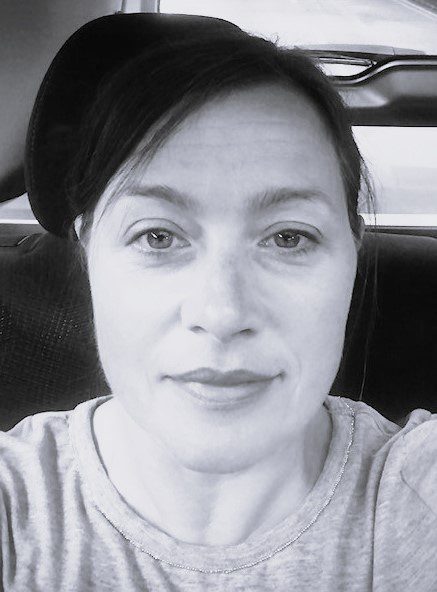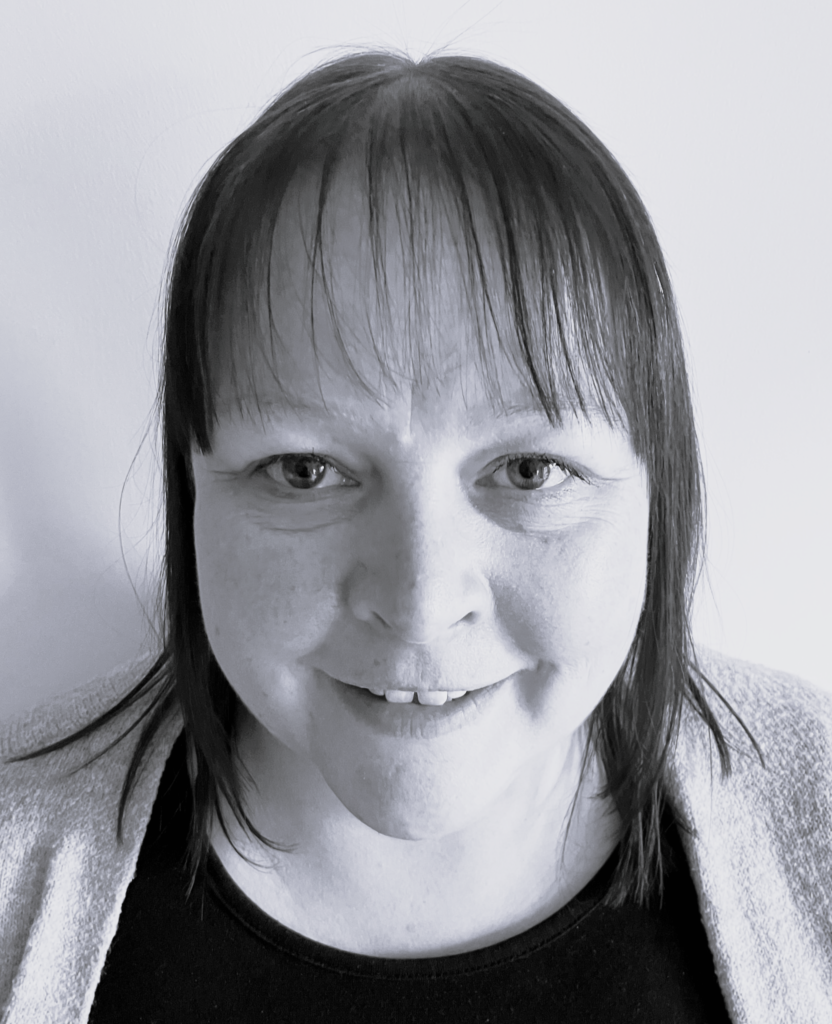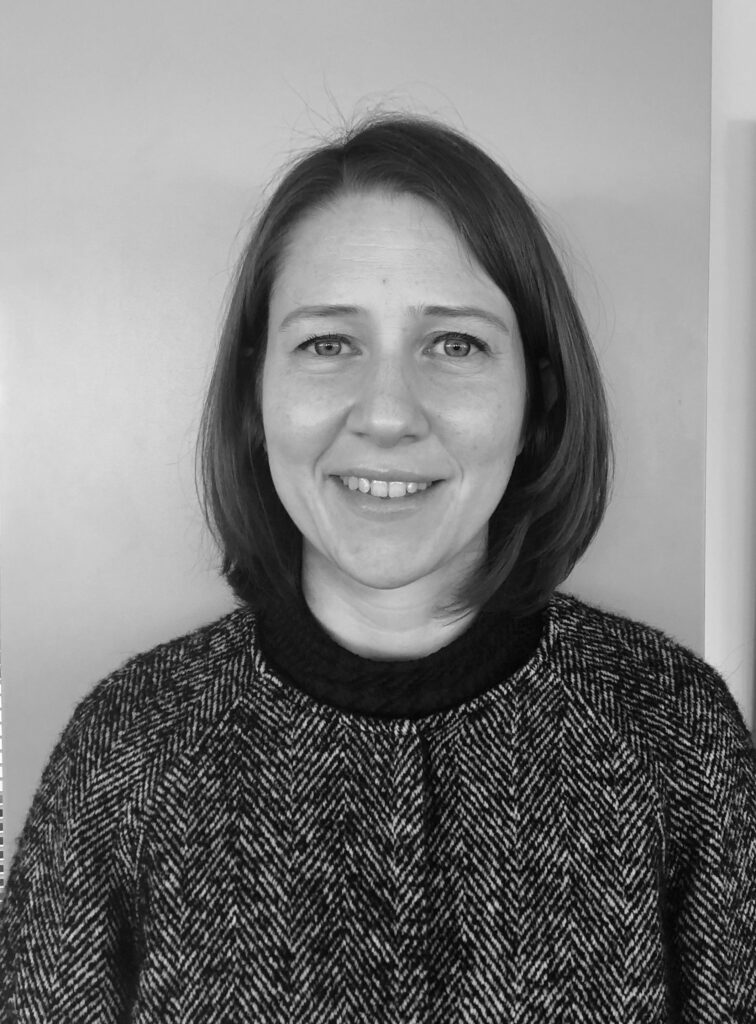
Prenatal Screening and Testing for Down’s syndrome
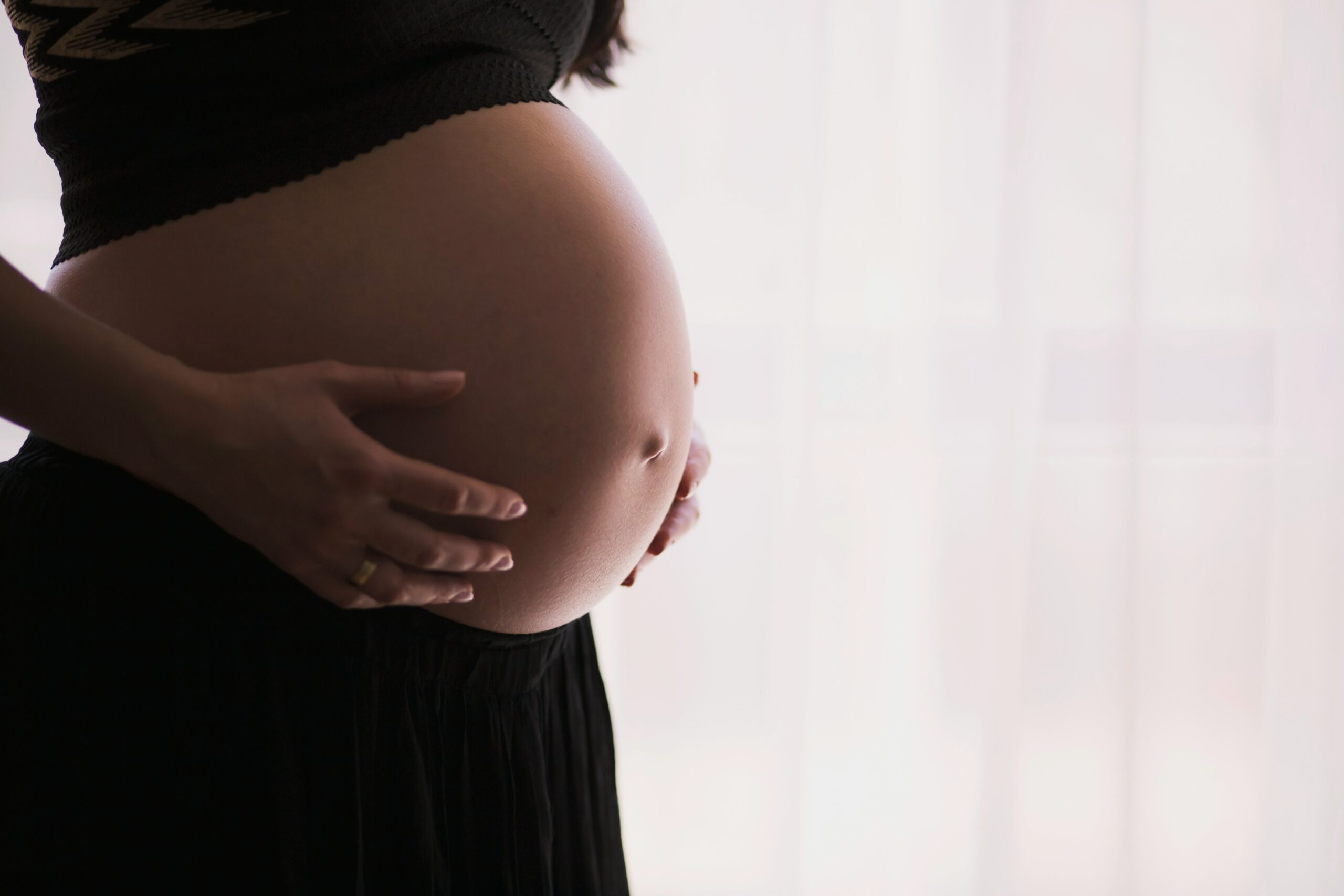
We are here to support you through prenatal screening and testing if you have chosen to have this to find out the chance of baby having Down’s syndrome.
If you have received news that there is a chance your baby may have Down’s syndrome or you may be considering further testing we are here to support you confidentially and answer any questions you may have to help you understand more about what life can be like with a baby with Down’s syndrome.
Our regional Family Support team can be contacted on 0300 030 2121 or you can email them at familysupportservice@dsscotland.org.uk .
We can also put you in contact with other parents if you think that would be helpful.
What is Down’s syndrome?
Down’s syndrome is a genetic condition caused by the presence of a full or partial third copy of chromosome 21 in the body’s cells. It is sometimes shortened to ‘Ds’ and in some other countries it’s called Down syndrome.
Everyone who has the condition is as unique an individual as everyone else in the population and they will have more in common with their families than with another person who has the condition.
The word syndrome means a set of signs and features that are found together. This is the same for any syndrome not just Down’s syndrome.
Approximately one in every 1,000 babies worldwide is born with Down’s syndrome and in Scotland there are about 70 babies born with the condition each year. It is estimated that there are 4,500 individuals living with Down’s syndrome in Scotland today.
Everyone born with Down’s syndrome will have some level of learning disability. A learning disability affects a person’s ability to learn, it does not mean they cannot learn. Children with Down’s syndrome follow the same developmental path as for all children and individuals have the same range of feelings and emotions as we all do. Most importantly, everyone who has Down’s syndrome is a unique individual, full of potential.
What causes Down’s Syndrome?
Down’s syndrome usually occurs randomly at the time of conception and affects males and females alike. It is rarely hereditary and nothing either parents did before or during pregnancy can have caused it.
Inside the cells in our bodies, we all have chromosomes which contain information that make each of us unique, such as our eye colour, hair colour and height.

Most people have 46 chromosomes inside every cell of their body which go together in twenty-three pairs – at conception babies receive 23 chromosomes from mum and 23 from dad which make up the 46 pairs.
Babies born with Down’s Syndrome have an extra full or partial copy of chromosome 21 which means they have 47 chromosomes in the cells in their body – one extra chromosome that randomly happens. It is this extra chromosome 21 that causes the characteristics of the condition and makes them extra special!
Down’s syndrome is a lifelong condition and with the right healthcare, education, positive inclusion and support individuals achieve their fullest potential and reach their 60’s, 70’s and beyond.
You can find out more about Down’s syndrome here.
A Little Booklet About Babies
We have a booklet that was thoughtfully created by parents of children with Down’s syndrome for other parents to read more about life with a child with Down’s syndrome.
Prenatal Testing
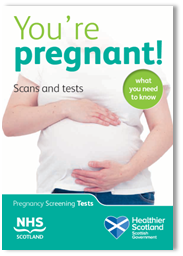
Prenatal screening for Down’s syndrome is offered in Scotland as part of the national prenatal pathway. NHS Scotland have produced a booklet that explains the blood tests, screening tests and diagnostic tests you can have in pregnancy called ‘Your Pregnant! Scans and tests’ – you can view this here.
Alongside the offer of screening, you should always receive up-to-date and accurate information about Down’s syndrome as well as about screening tests available to you. Screening tests are not compulsory and it is your decision whether to have them or not. What is important is that you are given unbiased and sufficient information and support to make an informed choice.
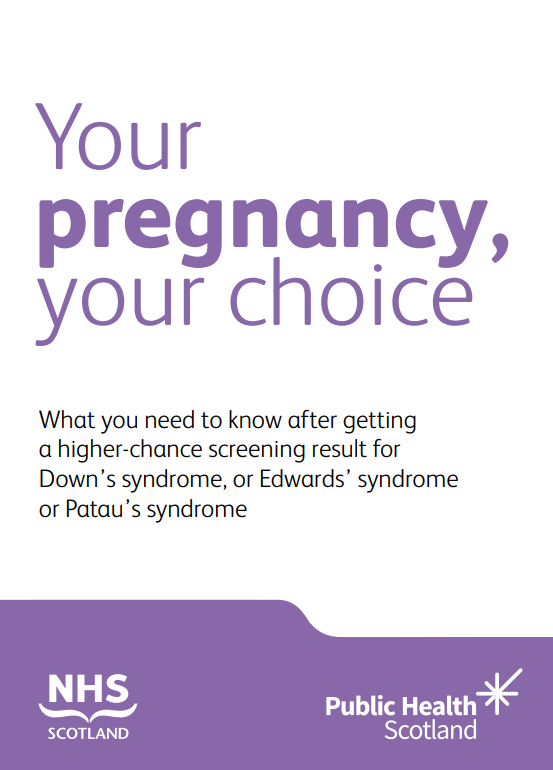
NHS Scotland has a booklet about what you need to know after getting a higher-chance screening result for Down’s syndrome called ‘Your Pregnancy, Your Choice’ – you can view this here.
NHS Inform also provides information about screening in Scotland, you can read this here.
If you would like to talk with us or need any further information or support please do get in touch via 0300 030 2121 or email familysupportservice@dsscotland.org.uk.
